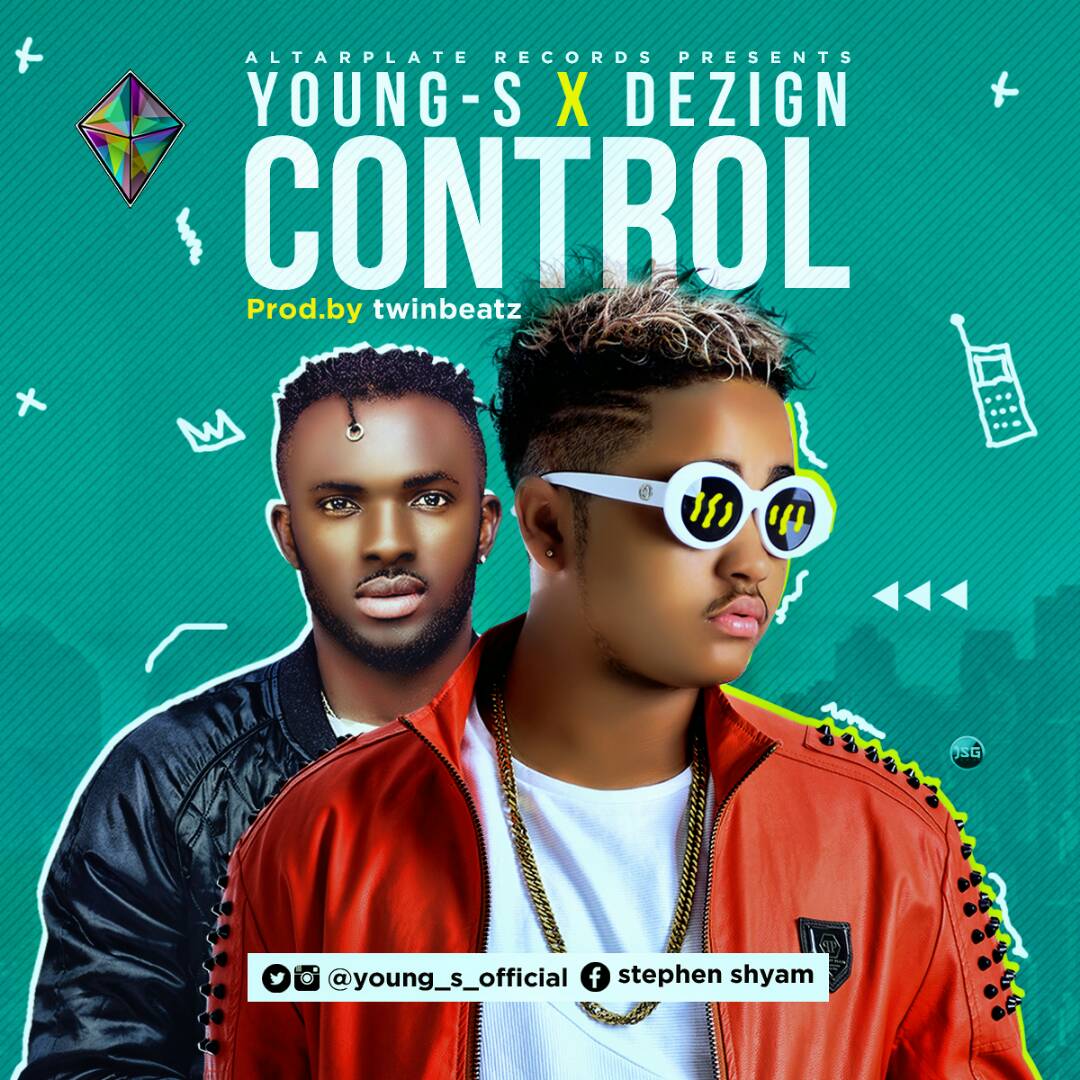
If you’re not getting the desired results or feedback from your songs, maybe it’s just a matter of making your music sound better. Here at Tunedly, we believe that musicians should always be striving to improve their craft. But we know it can be hard finding the right information to learn from or emulate.
That’s why we have done some of the hard work for you by studying the works of some of the best musicians in the business and extracting some of their best practices. So, how can you make your music sound better? Here are some tips music creators can apply to their works to ensure the end results are above par.
Find a theme to your song. First off, you need to figure out what you want your song to represent. Will it be a song about love and romance? heartache and pain? or maybe dragons and elves? During this process, it’s best to identify how you are feeling and what your mood is. What’s currently inspiring you? Maybe you’re feeling completely mundane, and you feel as though there’s no inspiration in your life. In this instance, it may be a good idea to draw from other sources. Here are some you might want to try:
- Conversations: Maybe you’ve had a really good conversation with someone recently. Try to think of some of the key points of that talk, and translate it into lyrics.
- Movies: Think back to one of your favorite movies. What emotions did that film spark? You can either write a song about the movie, or simply gather certain ideas from it.
- Novels and/or poems: What’s the latest book you’ve read? If you haven’t read anything lately, try picking up a book and gathering ideas from that. Poems are another good alternative to draw from.
Begin with good writing and structure. Like a good foundation is to a strong building, good songwriting skill is also at the base of making your songs sound better. Having a strong hook, catchy lyrics, and a good overall flow makes it easier to put music to your songs and make them memorable.
As noted in a Music Think Tank article by Larry Butler, a musician and record company executive, great songwriters will tell you that getting good at it takes time, even if you’re naturally talented. The important thing is to practice, practice, practice…like other forms of writing, the more you do it, the better you will get. Also, be aware that you most often might need to rewrite numerous times before getting a song just right – and you’ll know when it is or when it isn’t.
Take it from songwriter, Phil Bentley: “Don’t settle, until every part of your song feels undeniable. If it just feels “good enough” it probably isn’t good enough.”
Decide whether you want to start with the melody or lyrics first. This is an important step and sometimes a hard decision to make. Do you naturally come up with words or melodies faster? This should help in determining which one you choose. If you find that you’re inclined to hum out a melody much quicker than you do writing lyrics, then it’s probably best to pick up your guitar or sit down at your piano first.
If you’re one who can really jot down lyrical ideas fast once the can of worms has been cracked, then find somewhere quiet to sit down and start writing. The following two steps are interchangeable depending on which one you have decided to tackle first.
Know what a song that “sounds good” actually sounds like. Most art today imitates the works of past masterpieces in some way or the other. Songwriter, Lauren Christy, puts it quite well: “There is no original thought, just original presentation. Say it in a way that’s never been heard before.”
It follows that if you want to make good music, you should listen to what is deemed as the “good stuff” actually sounds like. This means listening to songs that have made an impact on the radio and charts – and taking notes.
Zone in on classics that have stood the test of time, but also pay attention to songs that currently dominate the airwaves, even if you don’t necessarily think they are your cup of tea. Pay attention to the different parts that make up each song – the lyrics, hook, melody, instrumentation, how it’s mixed, etc. – to understand the anatomy of a song that moves the public.
Come up with a melody. Coming up with great melody is a tricky concept. Generally, the simpler the melody is, the more effective it will be. Here in lies the tricky part however, coming up with that perfectly simplistic melody, without seeming amateur or “cheap”. Don’t be frightened by this though, remember, stay genuine and good things will happen. Be patient and really take the time to come up with your best work.
- Start by playing simple chords on your instrument. Keep in mind what kind of theme you have decided for your song. If it’s dark or sad, you might want to stick to minor chords. If it’s happy and up-tempo you might be better of with major chords. For electronic music, it is best to make sure you have a basic synth, then play around with it until you find something good.
- Start humming or whistling different melodies over the chords.
- Invest in a Dictaphone or micro-recorder, you never know when that perfect melody may come along and it’s best to document it while it’s fresh in your mind.
- If you play guitar and like to play open chords, invest in a capo. This will assist you in trying new keys to play in.
- Challenge yourself by learning new scales and chords. This will add depth and ultimately make your music richer.
Collaborate. Working with other music creators can open your eyes to new techniques and different ways to make songs. Being in a setting where everyone is sharing ideas and feeding off each other’s energies can help to bring about works that you possibly could never have dreamed up on your own. It’s little wonder why an analysis of 2016 hit songs by Music Week and written by Editor, Mark Sutherland, found that most of today’s hit songs are co-written by two or more people.
One thing to remember when collaborating with other musicians is to make sure a record is kept to indicate who contributed what. This makes it easy for royalty payments to be shared equitably in the event that the resulting project manages to get commercial success.
If you’re not living somewhere that makes it possible for you to easily meet up with other musicians, it is still possible for you to collaborate with professional musicians online, using Tunedly, for example. In addition to gaining access to all the talent and tools you need to make all your songs sound better, one major benefit of collaborating on Tunedly is that you don’t have to worry about sharing up royalties; you get to keep 100% of the rights to your songs.
Perfect and rewrite if necessary. It’s important to make sure your song is the best it absolutely can be. There’s not much point in spending a lot of time on a tune that you’re not completely satisfied with. There is a fine line however, in knowing when your song is complete. Some artists may go too far in rewriting their songs, that they end up losing the initial essence that made the song good in the first place. Try not to get stuck in that sort of trap. Remember, you will always be your own worst critic, so don’t go too far down the rabbit hole, or you may never come back.
- Continually challenge yourself, asking, “is this absolutely the best I can come up with for this section?”
Make sure you have a safe quiet place to be in and relax before you start.Stretch or do some yoga, then drink some water and relax. Make sure you have a notebook or computer to write your lyrics. After you do that, the words should come to you
- Don’t be afraid to experiment. Try thinking outside the box, but not too far as to where no one else will be able to identify with your music (unless that is what you want of course)
- Play the song for a friend or family member who isn’t afraid to give you honest feedback.
Keep working on your own skills. In every discipline in life, those who spend time working on continuously developing their skills are those who usually become the best, even without raw, natural talent.
So keep finding ways to improve your songwriting and music skills in general, whether by subscribing to music blogs and newsletters, watching video tutorials created by professional musicians, reading eBooks and articles on making your songs sound better, or even taking courses. There is always something to improve upon, regardless of how much you might already know.
Be passionate about what you do. “Just become obsessed with it. To become good at anything, you have to think about and live it every day and after a while, you will become good at it.”





